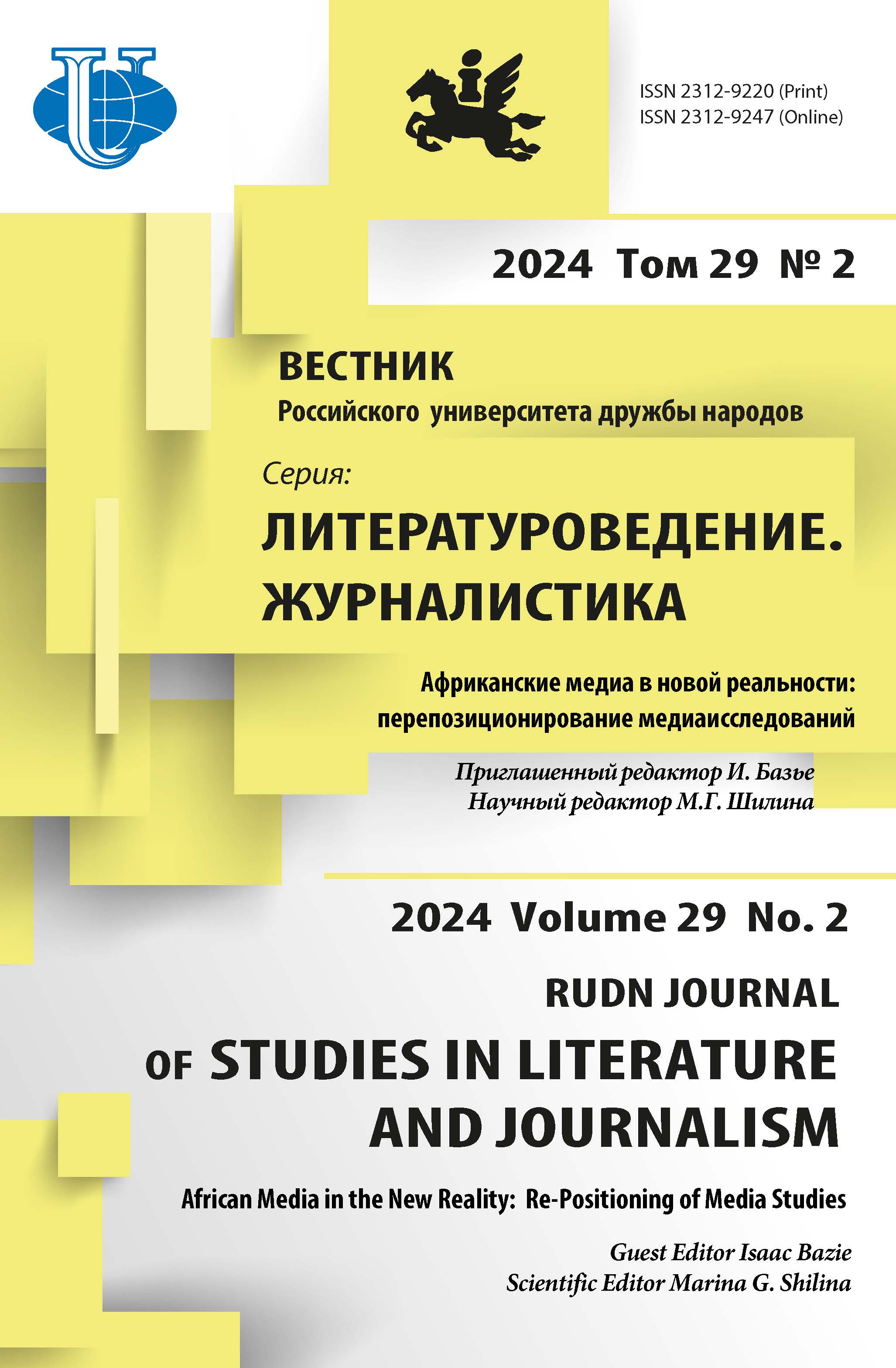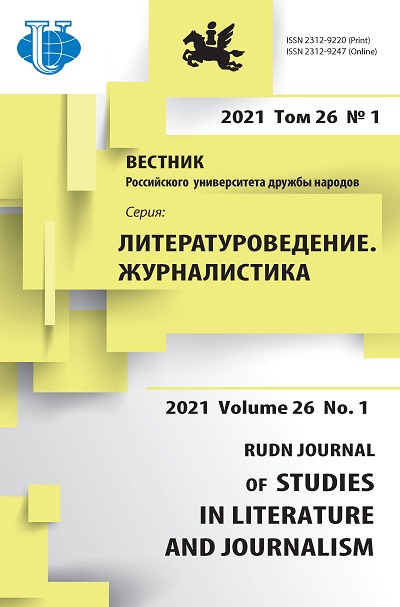The Construction of Insider - Outsider in Anglophone Writings from Northeast India
- Authors: Biswas D.1, Das R.1
-
Affiliations:
- Bodoland University
- Issue: Vol 26, No 1 (2021)
- Pages: 71-78
- Section: LITERARY CRITICISM
- URL: https://journals.rudn.ru/literary-criticism/article/view/26078
- DOI: https://doi.org/10.22363/2312-9220-2021-26-1-71-78
Cite item
Full Text
Abstract
The works of three writers from northeast India, Temsula Ao’s These Hills Called Home , Mamang Dai’s Stupid Cupid and Anjum Hasan’s Lunatic in my Head that cover the problem of identity in relation to the insider - outsider politics in the region are examined. The northeast India is in many ways a miniature India because it houses people from various ethnicity and linguistic groups. However, much of the immigration took place after the East India Company annexed the northeast region starting from 1826. The extraction of the resources and subjugation of the people in this region by the colonisers and later by successive Indian governments has left an indelible mark of cultural imperialism triggering social haemorrhage. This changing position of the insider - outsider is not only a part of the political discourse but also the literature that is produced in this region. The analysis of the writings of Temsula Ao, Mamang Dai, and Anjum Hasan allows to look at the problem from two perspectives: the indigenous population experiencing anxiety and leading various violent campaigns to expel so-called outsiders, and the northeasterners facing similar racial prejudices when visiting mainland India and being subjected to derogatory racial slurs.
Keywords
About the authors
Debajyoti Biswas
Bodoland University
Author for correspondence.
Email: deb61594@gmail.com
Assistant Professor of the Department of English
P.O. - Rangalikhata, Kokrajhar(BTAD), Assam, 783370, Republic of IndiaRupanjit Das
Bodoland University
Email: dasrupanjit@gmail.com
research scholar in the Department of English at Bodoland University, Assistant Professor in the Department of History, GLC College, Gauhati University
P.O. - Rangalikhata, Kokrajhar(BTAD), Assam, 783370, Republic of IndiaReferences
- McDuie-Ra, D. (2017). Solidarity, visibility and vulnerability ‘northeast’ as a racial category in India. In Y. Saikia & A.R. Baishya (Eds.), Northeast India A Place of Relations (pp. 27-44). Delhi, Cambridge University Press.
- Gogoi, D. (2016). Unheeded hinterland. New York, Routledge.
- Baruah, S. (2005). Durable disorder: Understanding the politics of Northeast India. New Delhi, OUP.
- Bhaumik, S. (2009). Troubled periphery: Crisis of India’s north east. New Delhi, Sage.
- Hasan, A. (2007). Lunatic in my head. New Delhi, Zubaan-Penguin.
- Baruah, S. (1999). India against itself: Assam and the politics of nationality. New Delhi, OUP.
- Baruah, S. (2020). In the name of the nation: India and its northeast. Stanford, Stanford University Press.
- Guha, A. (2014). Planter Raj to Swaraj. 3rd ed. New Delhi, Tulika Books.
- Misra, T. (1980). Assam: A colonial hinterland. Economic & Political Weekly (pp. 1357-1364).
- Chatterjee, P. (1999). Nationalist thought and the colonial world: A derivative discourse? The Partha Chatterjee Omnibus. New Delhi, Oxford University Press.
- Dev, R. (2006). Narrative claims and identity impasse: The experiences of the nowhere people. Ethno-Narratives: Identity and Experience in North East India (pp. 79-91). Delhi, Akanshah Publishing House.
- Misra, U. (2014). India’s north east: Identity movements, state and civil society. New Delhi, Oxford University Press.
- Sarma, A. (2016, February). Migrancy and memory in Siddhartha Deb’s novel “The Point of Return”. Trans-Humanities Journal, 9(1), 129-150. doi: 10.1353/trh.2016.0006.
- Biswas, D. (2020). ‘The impasse of Khilanjiya identity in Assam’. Corvinus Journal of Sociology and Social Policy, 11(1). http://dx.doi.org/10.14267/CJSSP.2020.1.10
- Ao, T. (2006). These hills called home. New Delhi, Penguin.
- Dai, M. (2009). Stupid Cupid. New Delhi, Penguin.
- Mackenzie, A. (2012). History of the relations of the government with the hill tribes of the north-east frontier of Bengal. Cambridge University Press.
















